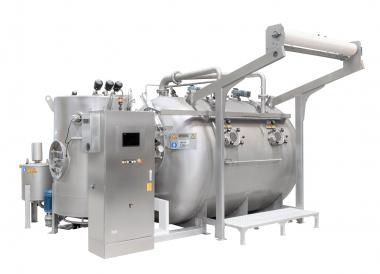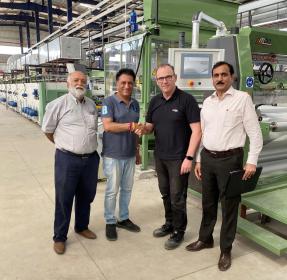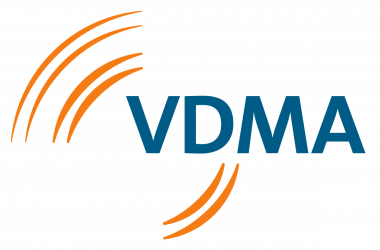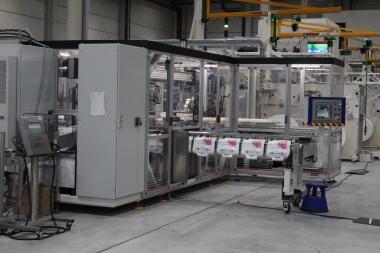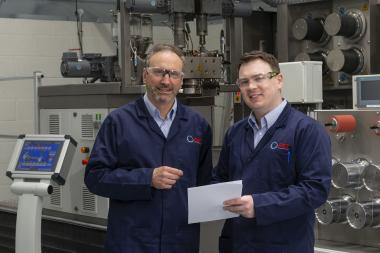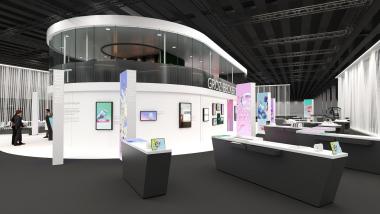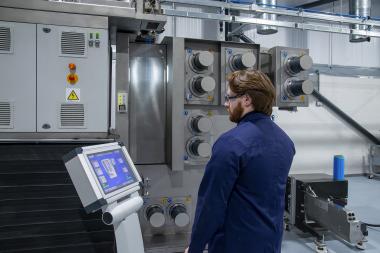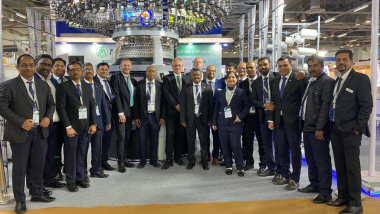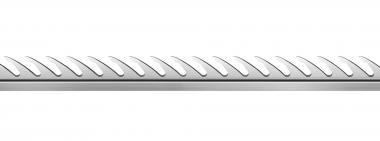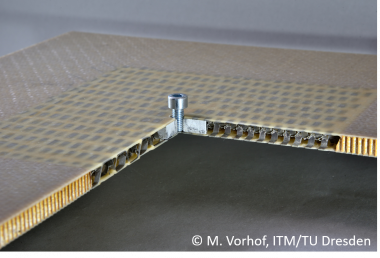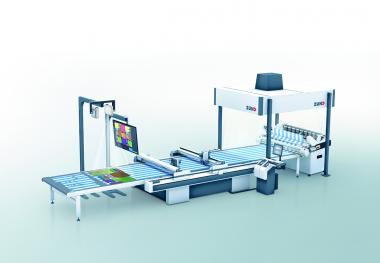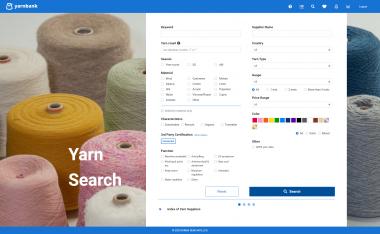Fong’s Europe: THEN hydraulic round shape developments at ITMA 2023
Fong’s Europe will showcase the advanced features of its THEN Smartflow TSF at ITMA 2023.
These include the machine’s smart fabric transport system which ensures extremely even dyeing of the fabric through accurate control of the nozzle pressure and pump power, with movement through the machine via an PLC-controlled plaiting system and variable chamber adjustment depending on fabric characteristics.
The machine is equipped with a heat exchanger enabling it to heat the dyeing liquor quickly and efficiently, to reduce energy consumption. Its bath preparation unit and chemical dosing system ensure accurate and precise dosing of chemicals, dyestuff and salt, reducing chemical waste and optimising results while reducing process times.
The Smartflow TSF operates with a low liquor ratio of down to 1:2.5 with full loading of synthetic fabrics, which means that it requires less water to dye a given amount of fabric compared to traditional dyeing machines. This not only reduces the consumption of water and steam, but also the amount of wastewater generated.
The machine's control panel is easy to use, allowing operators to programme and monitor processes with ease.
FONG’s Europe


